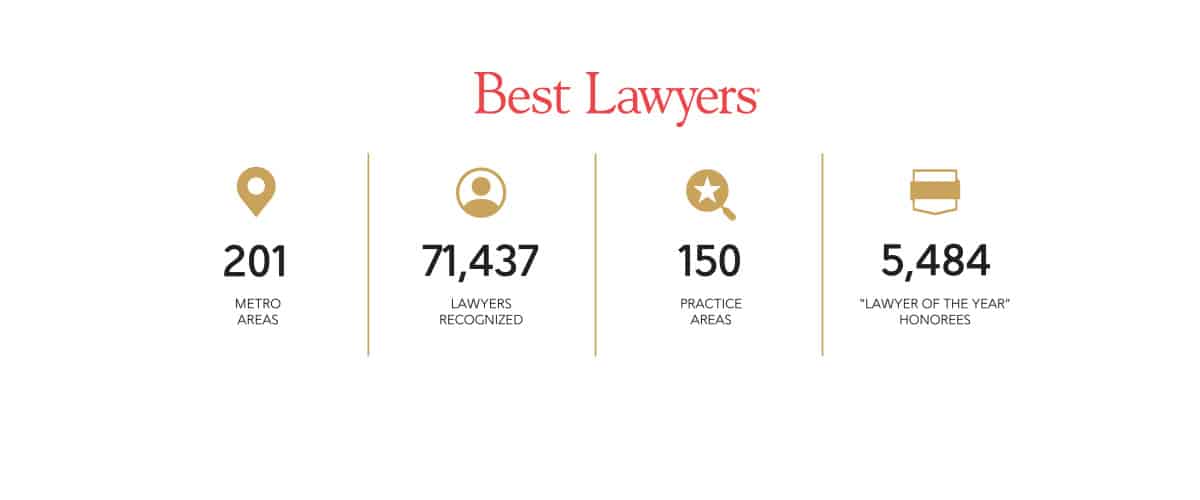The Internal Revenue Service (IRS) has delayed the tax provision requiring users of Venmo, PayPal, Etsy, eBay, and other third-party websites or apps to declare any earnings from selling goods or services over $600 dollars in a given year through a 1099-K form. This change will not be instituted until the 2023 tax season to give individuals additional time to familiarize themselves with the new law and allow for a “smooth transition.” Previously, the regulation was supposed to be effective for the 2022 tax season. As a result, the IRS says third party settlement organizations will not have to report tax year 2022 transactions on a form 1099-K.
The announcement follows bipartisan criticism that the provision would create mass confusion and paperwork headaches for millions more Americans. While the IRS confirms that the law is “not intended to track personal transactions such as sharing the cost of a car ride or meal, birthday or holiday gifts, or paying a family member or another for a household bill,” it is still uncertain how third party settlement organizations or the IRS will determine which payments are for which purposes. The IRS hopes an extra year will allow more people to become aware of and prepared for the new changes.
There are valid fears that some transactions may be mistakenly labeled as taxable and included on I 099-K forms. To avoid this issue, be sure to carefully record and classify your transactions. Explicitly state who you received money from and for what purpose. Moreover, some apps like Venmo allow you to create separate business profiles for the selling of goods and services. Separating personal and business transactions into different accounts is the best way to prevent misunderstandings.
If transactions are mislabeled or you are incorrectly sent a 1099-K form, alert the applicable third party organization and ask them to notify the IRS. However, this can be a slow process and cause unnecessary stress.
The reporting requirement changes are part of the American Rescue Plan Act of2021 (COVID19 Stimulus Package) to help close the annual hundreds of billions of dollars “tax gap.” Previously, only earnings exceeding $20,000 dollars and 200 transactions required reporting, As a result of this plummet in the threshold, many more Americans, especially independent contractors, small businesses, and individuals with side hustles, are expected to be affected.


